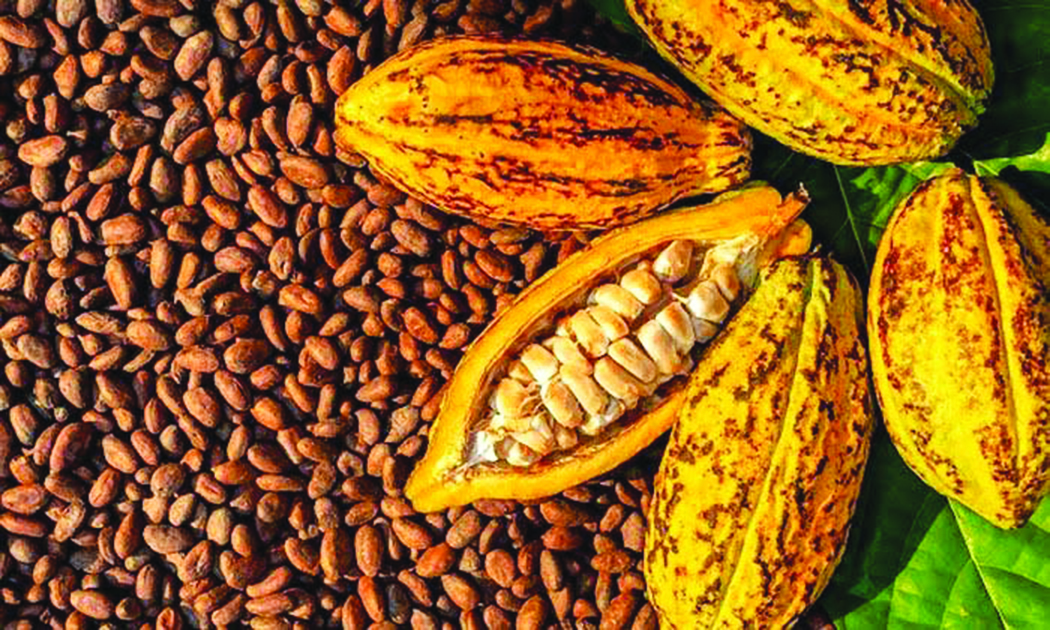Nigeria once stood proudly among the world’s leading cocoa producers, a position that fueled its foreign exchange earnings before crude oil came to dominate the economy. Today, cocoa remains one of the country’s most valuable non-oil exports, yet its full potential is far from realised. With rising global demand for cocoa and chocolate products, Nigeria’s cocoa industry represents an untapped goldmine for economic growth, job creation, and diversification.
The global cocoa market is projected to remain strong, driven by expanding consumption in Europe, North America, and emerging markets in Asia. Côte d’Ivoire and Ghana, Nigeria’s West African neighbours, have leveraged consistent policies, farmer support systems, and value addition to consolidate their dominance in the sector. Nigeria, in contrast, lags behind, contributing less than 10 percent of global supply despite having fertile land and millions of smallholder farmers.
Several bottlenecks hinder growth. Farmers often rely on aging trees, traditional farming practices, and minimal access to modern inputs. Post-harvest losses are high due to inadequate storage, poor quality control, and weak extension services. Perhaps the biggest missed opportunity lies in value addition: Nigeria exports raw cocoa beans but imports chocolate and cocoa-based products at much higher costs. This imbalance not only stifles local manufacturing but also limits employment opportunities in agro-processing.
Yet, the opportunities are enormous. By investing in modern farming techniques, hybrid seedlings, and mechanisation, Nigeria can significantly increase yields per hectare. Improving access to credit and extension services would empower smallholder farmers, who form the backbone of the industry. The government’s renewed push for agro-industrialisation offers an opportunity to prioritise cocoa in policy frameworks, especially through public-private partnerships that encourage investment in processing plants, storage facilities, and export hubs.
Equally crucial is the pursuit of value addition. If Nigeria processes even half of its annual cocoa output into butter, powder, and chocolate, the foreign exchange earnings could multiply several times over. This would also stimulate growth in packaging, logistics, and retail industries, creating a ripple effect across the economy. Moreover, local consumption of cocoa-based products should be promoted, expanding the domestic market while reducing dependence on exports alone.
The states that dominate cocoa production, Ondo, Cross River, Ekiti, and Osun must take the lead in driving reform. With the right policies, they can attract investment into rural infrastructure, encourage cooperative farming systems, and foster training programmes for young farmers, thereby making cocoa farming an attractive and profitable career.
Nigeria’s economic challenges call for diversification beyond oil. The cocoa industry presents a clear pathway, tested by her neighbours and validated by global demand. The country cannot afford to remain a minor player in a sector where it once excelled. What is required is political will, long-term planning, and the courage to shift from raw exports to value-added production.
The time to act is now. Cocoa is more than a crop; it is a catalyst for rural development, foreign exchange stability, and sustainable growth. If Nigeria seizes this opportunity, the cocoa belt could once again become a powerhouse of prosperity for the nation.





